Trying to save money can be hard. So, if you can shop for free, why not do it?!
In today's world, where the cost of living continues to rise, the idea of shopping without money might seem like a fantasy. However, it's not as impossible as it sounds. With a little creativity and resourcefulness, you can find ways to acquire the items you need without spending a dime. In this comprehensive guide, we will explore various strategies and techniques on how to shop without money, helping you save your hard-earned cash while still fulfilling your needs and desires.
These sites are some sites I have come across. You shop on them using credits or points or something similar. There is no money involved.
Sometimes some may ask for just shipping cost (depending on the site). But these are great for those who do not have the money to really make purchases. I hope this helps some of you out!
They are all FREE TO JOIN!
Jump Ahead!
 Image credit: Pexels
Image credit: Pexels
How to Shop Without Money: Getting Started
Exploring the Art of Bartering, Haggling, and Price Negotiating
Bartering is an age-old practice that allows you to exchange goods or services with others without using cash. It's a fantastic way to acquire things you need without spending any money. Look for local bartering groups or online platforms where you can connect with people interested in trading items. When shopping for second-hand items or in open-air markets, don't hesitate to negotiate prices. Many sellers are willing to lower their prices if you're polite and persistent. Here are some tips on how to barter effectively:
Know What You Have: Before you start bartering, assess the items or skills you have to offer. It could be anything from goods like electronics or clothing to services like gardening or handyman work. Knowing the value of what you can provide is essential.
Identify What You Need: Clearly define what you're looking for in the barter. Having a specific item or service in mind will make the process smoother.
Research Fair Trade Values: To ensure a fair exchange, research the value of the items or services you and the other party are offering. This will help you negotiate from a position of knowledge.
Network and Connect: Join local bartering groups or online communities where people engage in bartering. Networking is essential to find potential barter partners.
Build Trust: Trust is crucial in bartering. Be honest about the condition of the items you're offering, and expect the same transparency from your barter partner.
Negotiate Respectfully: Approach negotiations with respect and politeness. Be open to offers and counteroffers. Finding common ground is key to a successful barter.
Consider the Other Party's Needs: Understand the needs and interests of the person you're bartering with. Tailor your offer to their preferences if possible.
Document the Agreement: Once you've reached an agreement, it's a good idea to document the details. This could include a list of items or services exchanged, their condition, and any agreed-upon timelines.
Time the Barter Well: Consider the timing of your barter. Some items or services may be more valuable or in demand at specific times. Be strategic in your negotiations.
Follow Through: Honor your commitment and deliver what you've agreed upon promptly. Your reliability will build trust for future barter deals.
Feedback and Gratitude: After the barter, provide feedback if applicable, and express gratitude to your barter partner. Building positive relationships can lead to more successful future barter transactions.
Be Open to Non-Monetary Offers: Remember that barter doesn't have to be a one-to-one exchange. You can trade multiple items or services or even consider partial cash and barter deals.
Expand Your Skills: Consider learning new skills or acquiring items that are in high demand for bartering. This can enhance your bartering opportunities.
Stay Safe: When meeting with someone for a barter exchange, prioritize safety. Meet in public places if possible and let someone know where you're going.
Bartering is not only a way to acquire things you need but also an opportunity to build connections and engage in a more sustainable and community-oriented lifestyle. With practice and a commitment to fairness, you can become an effective barterer and enjoy the benefits of this age-old practice.
Freecycling: A Treasure Trove of Free Stuff
Freecycling is a community-driven initiative where people give away items they no longer need for free. Join Freecycle groups in your area or use online platforms like
Craigslist to find free items that can fulfill your needs.
Search your local area for items being given away. Look under the "free" section in your community for the freebies. People also list jobs & local events. Beware of scams though!
Image credit: Pexels
Revamp Your Wardrobe from Within
Start by decluttering and arranging your closets and cabinets. Although it may seem overwhelming, sifting through the excess and discarding what you no longer desire will breathe new life into the belongings you decide to retain. Rather than seeking new additions, focus on purging items. This can apply to clothing, accessories, kitchen utensils, pantry items, book collections, and even decorative items throughout your home. Eliminate the unnecessary items you no longer require or derive joy from, and neatly arrange the items you opt to keep. Create a shopping list for any essential or desired replacements, and consider the following suggestions before committing to a new purchase.
Embrace Your Local Library
Your local library is a goldmine of resources that can help you shop without money. Borrow books, DVDs, or even gardening tools instead of purchasing them. Libraries often host community events and workshops where you can learn new skills without spending a dime.
Sharing Economy: Borrow, Don't Buy
The sharing economy has revolutionized the way we access products and services. Platforms like Airbnb, Uber, and tool-sharing apps allow you to borrow things you need temporarily. It's an excellent way to save money and reduce clutter in your life.
Host a Swap Gathering!
A swap party offers a budget-friendly and environmentally-conscious twist on social gatherings. Instead of hitting the mall with your friends, extend an invitation for them to bring a set number of items they no longer need. You can limit it to clothing and accessories or expand to include kitchen gadgets and miscellaneous items. Swap, barter, or share with friends, all while acquiring new additions for yourself without spending a dime.
Keep in mind that what one person considers trash may be a treasure to another! And after the event concludes, you can donate any items that didn't find new homes.By focusing on the present and carefully contemplating your desires before making purchases, you can maintain your pursuit of financial freedom without being hindered by material possessions. Concentrate on experiences rather than possessions, and always weigh what experiences you can gain in lieu of acquiring another object.
Credit and Point Reward Sites
This site is an online auction using credits. They give you 50 credits to start when you sign up and you can get 50 more for listing your first auction.
There are other ways to gain credits as well. Sometimes sellers may ask to cover shipping cost, you can pick up local and some offer free shipping.
Earn rewards for recycling stuff. You can also link to your Kashless Account for more points!
 Image credit: Pexels
Image credit: Pexels
Leveraging Community Resources
Food Banks and Community Gardens
If you're struggling to put food on the table, local food banks can provide essential groceries for free. Additionally, consider participating in community gardens to grow your fruits and vegetables, reducing your grocery bills.
Locating local food banks is essential if you're in need of assistance. Here's how you can find them:
Online Search: Use your preferred search engine and enter keywords like "local food banks near me" or "food pantries in [your city or town]." The search engine will provide a list of nearby food banks with addresses and contact information.
Food Bank Directories: Several websites and directories list food banks across the country. Websites like Feeding America (
feedingamerica.org) and
AmpleHarvest.org offer comprehensive databases of food banks and pantries.
Local Government Websites: Visit your city or county's official website. They often have information about local assistance programs, including food banks and their addresses.
Nonprofit Organizations: Contact local nonprofit organizations that focus on food security and poverty alleviation. They can guide you to nearby food banks or may even operate their own.
Places of Worship: Many churches, synagogues, mosques, and temples run food pantries or have information about nearby food banks. Reach out to them for assistance.
Community Centers: Visit or call community centers, community service organizations, or social service agencies in your area. They often maintain lists of local resources, including food banks.
Social Services Hotline: Contact your state or local social services hotline or helpline. They can provide information on where to find food assistance programs in your community.
Ask Neighbors or Friends: Don't hesitate to ask neighbors or friends if they are aware of any nearby food banks. They may have valuable information or suggestions.
Local Schools: Reach out to local schools, especially if you have children. Some schools have programs that provide meals or food assistance to families in need.
Food Bank Apps: Consider using mobile apps or websites designed to help you locate food banks based on your location. Apps like "FoodFinder" can be particularly helpful.
Once you've located a nearby food bank, be sure to check their operating hours and any eligibility requirements they may have. Many food banks are dedicated to helping individuals and families in need, so don't hesitate to reach out and seek the assistance you require.
PRO TIP: Check out the latest
free food samples currently available while you are here!
Image credit: Pexels
Repair Cafés: Fix, Don't Replace
Before throwing away broken items, check if there's a repair café in your area. These volunteer-led spaces help you fix appliances, clothing, and electronics for free or at a minimal cost. Here's how you can locate Repair Cafés:
Online Search: Begin with a simple online search. Use search engines like Google and enter "Repair Café near me" or "Fix-it Clinic near me" along with your city or ZIP code. This search can yield immediate results.
Repair Café Websites: Many Repair Cafés have their websites or webpages on social media platforms. Search for the official websites or Facebook pages of local Repair Cafés. They often list their upcoming events and locations.
Social Media: Utilize social media platforms like Facebook, Twitter, and Instagram. Search for local Repair Café groups, pages, or hashtags. Join or follow these groups to stay updated on their activities.
Community Centers and Libraries: Reach out to community centers, libraries, or local event venues. They often host Repair Cafés or have information about upcoming repair events in the area.
Local Newspapers and Magazines: Check your local newspapers or magazines for event listings. Repair Cafés often advertise their sessions in community publications.
Local Environmental Organizations: Contact local environmental organizations or nonprofits. They may organize or promote Repair Café events as part of their sustainability efforts.
Word of Mouth: Ask friends, family, or neighbors if they are aware of any Repair Cafés in the area. Personal recommendations can be valuable.
Online Repair Café Directories: Some websites and directories specifically list Repair Cafés and similar initiatives. Websites like
RepairCafe.org offer directories of Repair Cafés around the world.
DIY and Maker Spaces: Explore local DIY (Do It Yourself) or maker spaces. These venues often host repair workshops and can guide you to Repair Cafés.
Local Government Sustainability Programs: Reach out to your local government's sustainability or environmental programs. They may have information on Repair Cafés as part of their efforts to reduce waste.
Eventbrite and Meetup: Check event platforms like Eventbrite and Meetup for Repair Café events in your area. These platforms often feature upcoming events and allow you to RSVP.
Eco-Friendly Stores: Visit eco-friendly or sustainable living stores. They may have flyers or information about nearby Repair Cafés.
Once you find a Repair Café in your area, be sure to check their schedule and any guidelines for bringing items to be repaired. Repair Cafés are excellent resources for extending the life of your belongings and reducing your environmental impact.
 Image credit: Pexels
Image credit: Pexels
Volunteer for Discounts
Some organizations offer discounts or vouchers to volunteers. By contributing your time and skills to a cause you care about, you can earn discounts on products or services you need. Here's how you can volunteer for discounts effectively:
Identify Your Interests: Determine the causes or organizations you're passionate about. Whether it's a nonprofit, community project, or charity, choosing something you care about will make your volunteering experience more meaningful.
Research Opportunities: Look for organizations that offer volunteer opportunities with discounts or incentives. This can include museums, theaters, food banks, animal shelters, or even events and festivals.
Contact the Organization: Reach out to the organization directly to inquire about their volunteer programs. You can often find contact information on their website or social media pages. Send an email or make a phone call expressing your interest in volunteering.
Attend Volunteer Orientations: Many organizations hold volunteer orientations to provide information about their programs and how volunteering works. Attend these sessions to learn more about the organization's mission and expectations for volunteers.
Offer Your Skills: Let the organization know about your skills and expertise. If you have specific skills that could benefit them, such as graphic design, social media management, or event planning, offer to contribute your talents in addition to your time.
Flexible Commitment: Discuss your availability and the time commitment required for volunteering. Some organizations offer flexibility in terms of hours, making it easier to fit volunteering into your schedule.
Learn About Discounts: Inquire about the discounts or incentives offered to volunteers. Some organizations provide discounts on their products or services, while others may offer free admission to events or attractions.
Understand Responsibilities: Make sure you have a clear understanding of your responsibilities as a volunteer. This includes your role, tasks, and any training or orientation required.
Track Your Hours: Keep a record of the hours you spend volunteering. Some organizations may require you to log your hours to qualify for discounts or incentives.
Network and Build Relationships: While volunteering, take the opportunity to connect with other volunteers and staff members. Building relationships within the organization can lead to more opportunities and a deeper sense of fulfillment.
Express Gratitude: Always express your gratitude to the organization for allowing you to volunteer and for any discounts or incentives you receive. A sincere thank-you goes a long way.
Stay Committed: Once you commit to volunteering, honor your commitment by showing up on time and completing your tasks to the best of your ability. Reliability and dedication are highly valued by organizations.
By volunteering for discounts, you not only save money but also contribute positively to your community or a cause you're passionate about. It's a win-win situation that allows you to make a meaningful impact while enjoying various benefits.
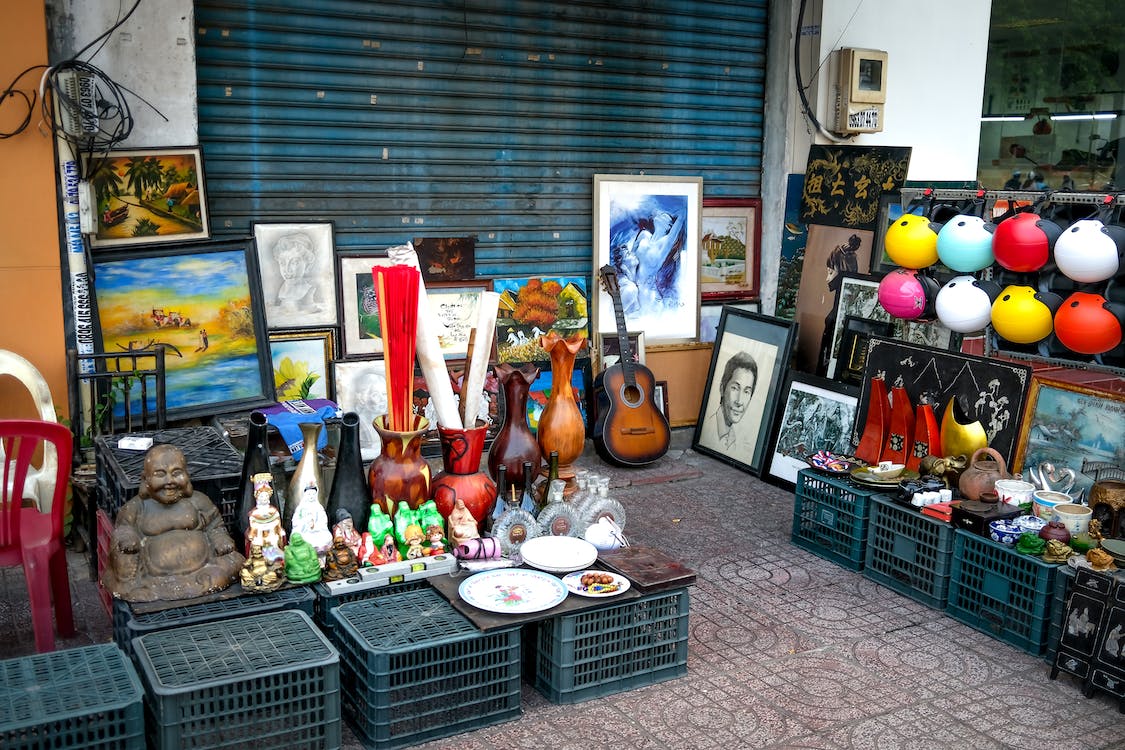 Image credit: Pexels
Image credit: Pexels
Request Free Product Samples
Let's be frank. Most individuals relish receiving complimentary samples. Whether they're individual samples or part of sample boxes, this provides an excellent opportunity to experiment with new products while also saving money. Thanks to the internet, numerous websites and platforms offer free samples for you to try out before committing to the full-sized version.
Why spend your hard-earned cash on something you're uncertain about when there are cost-free options available? Determine what aligns with your needs before making a purchase. Sample products come in various sizes and forms, and they tend to last quite a while. Certain brands and companies distribute free samples to their customers because they genuinely value the product experience.
Also, Try Before You Buy with Free Trials
Hey, you know what's the hot trend these days?
Subscription boxes and services. They can seriously add up in terms of cost, which is why most folks jump on the chance for a
free trial to check if it's their jam or not. It's a smart way to shop without shelling out a dime upfront. You can score freebies like music streaming, snacks, meals, coffee, audiobooks, you name it. Take Netflix, for instance; they dish out a whole free month's trial when you sign up. That's 30 glorious days to binge-watch amazing shows and movies! And guess what? Once your trial's done, you can bail out to dodge those charges.
Free trials are a total lifesaver when you're not sure about forking over your hard-earned cash for something you're not 100% sold on. The big companies are onto this, too. They want you to dive into their trial services, so you can enjoy and decide if it's worth your bucks before you commit to buying anything. Smart move, right?
Image credit: Pexels
Use Coupons to Shop for Free
Coupons are like your secret weapon for snagging free stuff when you're trying to stick to a budget. They're all over the place, in newspapers, online, and even in magazines. Not all coupons will lead to freebies, but some totally do, especially the ones you can find from fast-food joints like
McDonald's,
Chick-fil-A,
Subway,
Wendy's, and Sonic. You might get free desserts from restaurants or small things like lotion or detergent from stores. And guess what? There are coupons for all sorts of stores and websites.
But hold up, don't go coupon-crazy and use them every single day. Coupons are here to help you manage your finances, but using them all the time isn't the secret to big savings. Instead, think of them as your money-saving sidekick, chipping away a few bucks here and there.
If you're not getting coupons in the mail, no sweat! Your smartphone's got your back. So, if you want to learn the art of scoring freebies, become a coupon ninja. Coupons can save you an average of 1,500 bucks a year, and that's pretty darn awesome, isn't it?
Image credit: Pexels
Score Freebies with Credit Card Rewards
You won't believe the awesome stuff you can snag for free using your trusty credit cards. If you're on a mission to become a shopping-for-free pro, then you definitely need to get cozy with your credit card rewards program. You could be raking in up to 5% cash back on your spending or even pocketing a sweet $250 back if you hit that $500 mark. Credit cards come loaded with fantastic rewards, and it's a golden opportunity you don't want to miss. Some folks steer clear of credit cards, worried about falling into debt, but hey, they're missing out on some seriously amazing deals by not signing up for one.
And here's the kicker, it's not just about the rewards; it's also about boosting your credit score. That'll come in handy when you're ready to make those big-ticket purchases like a car or a home down the road. So, getting a credit card early is a savvy move for building credit.
When you use your credit cards, you're not just spending; you're earning points that can be your ticket to free shopping sprees and travel adventures. How cool is that?
Now, there's a whole bunch of credit card companies out there like Chase, Capital One, Regions, Bank of America, and the list goes on. But hold on, it doesn't mean you should sign up for every single one of them. Do some digging and find the credit card that makes the most sense for you. There's no right or wrong answer here; some folks even roll with two different credit card companies. It's all about what suits your style.
TIP: In credit card debt? Get a
free debt relief quote from National Debt Relief to get your finances back on track.
WANT TO SAVE MORE MONEY? TRY THESE OUT:
 Image credit: Pexels
Image credit: Pexels
FAQs (Frequently Asked Questions)
How can I shop for groceries without money?
Shopping for groceries without money is possible through food banks, community gardens, and participating in local gleaning initiatives.
Can I really get valuable items for free through Freecycling?
Yes, Freecycling is a fantastic way to find valuable items for free. Many people give away high-quality items they no longer need.
Are repair cafés a cost-effective way to fix broken items?
Absolutely! Repair cafés are an excellent way to extend the lifespan of your belongings and save money on costly replacements.
How can I make the most of volunteering for discounts?
Choose a cause you're passionate about and volunteer your time. Many organizations offer discounts or vouchers to their volunteers as a token of appreciation.
Is haggling considered rude?
Haggling is a common practice in many cultures. As long as you're polite and respectful, it's a legitimate way to negotiate prices.
How do I find the best cashback and rewards programs?
Research credit cards and online retailers that offer cashback and rewards programs. Compare the benefits and choose the ones that align with your shopping habits.
Conclusion
Shopping without money is a skill that can significantly impact your financial well-being. By embracing practices like bartering, freecycling, and volunteering, you can reduce your expenses and live a more sustainable life. Remember, the key is to be resourceful and open to alternative ways of acquiring the things you need. So, why wait? Start exploring these strategies today and enjoy the benefits of shopping without money.

 Image credit: Pexels
Image credit: Pexels
 Image credit: Pexels
Image credit: Pexels
 Image credit: Pexels
Image credit: Pexels  Image credit: Pexels
Image credit: Pexels 

 Image credit: Pexels
Image credit: Pexels



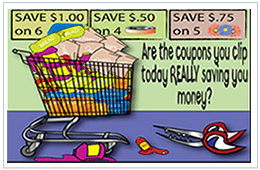 Here you will find all the best coupon advice, tips and how to make the most of all your coupons!
Here you will find all the best coupon advice, tips and how to make the most of all your coupons! Are you looking for ways to stretch your dollar?
Are you looking for ways to stretch your dollar? 



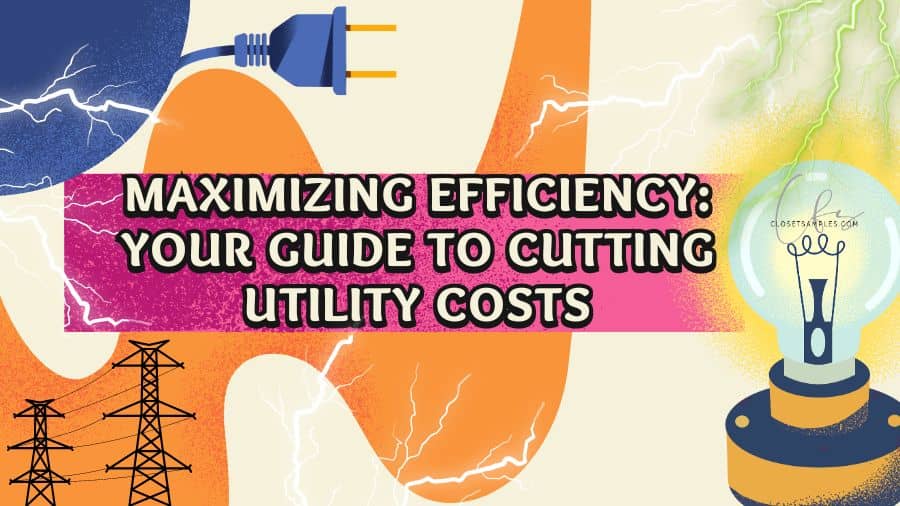
















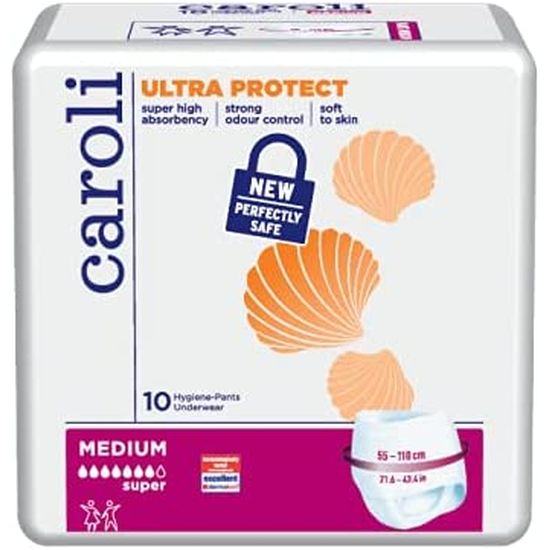





























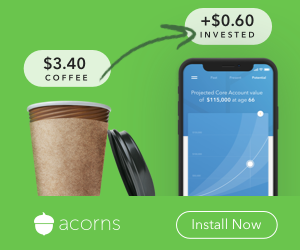








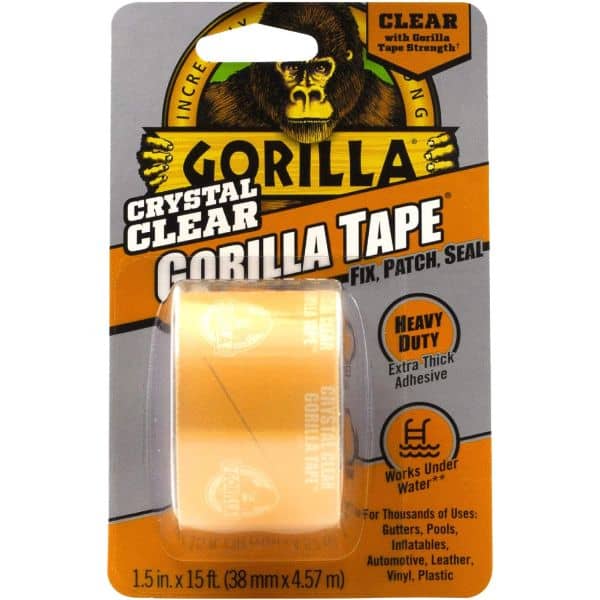

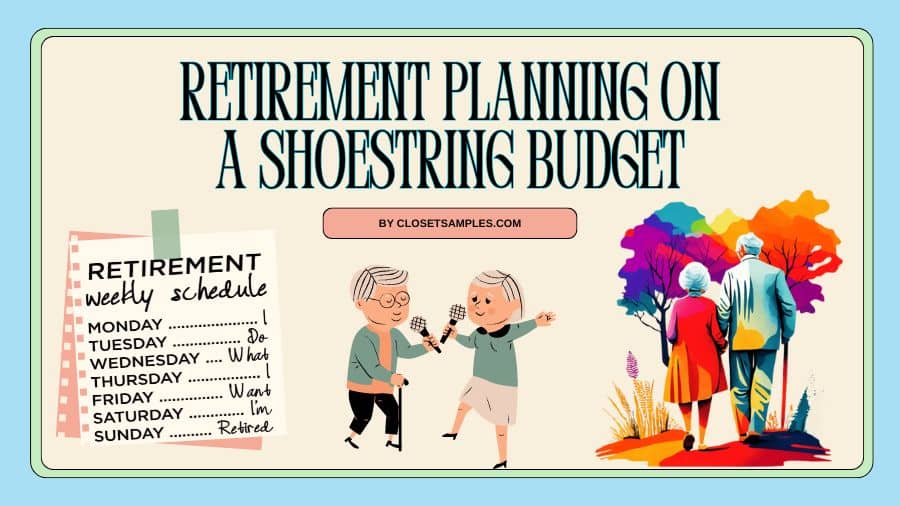

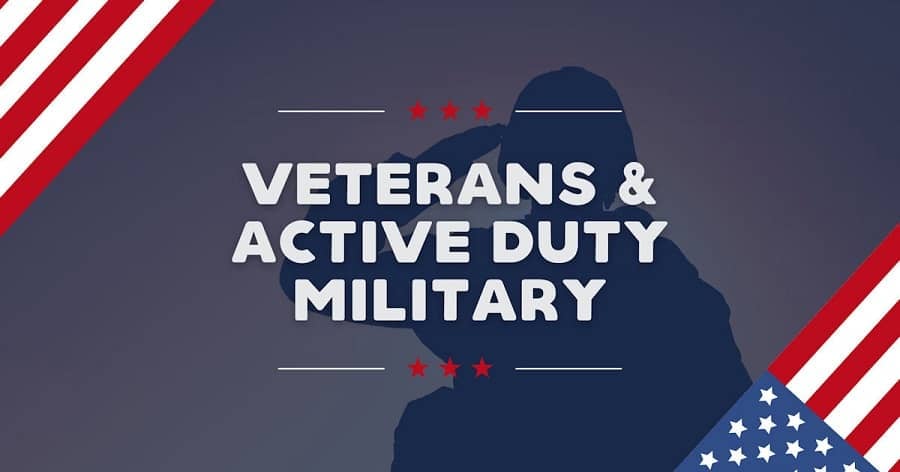


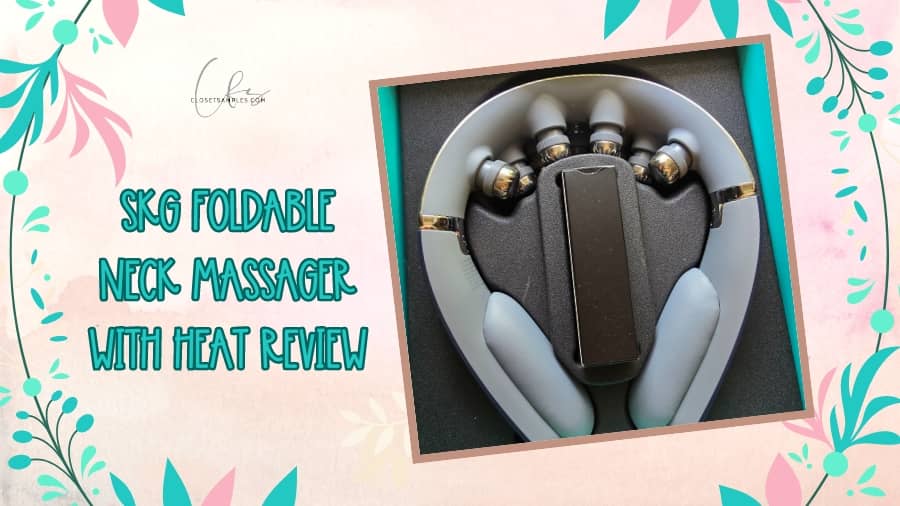












Comments